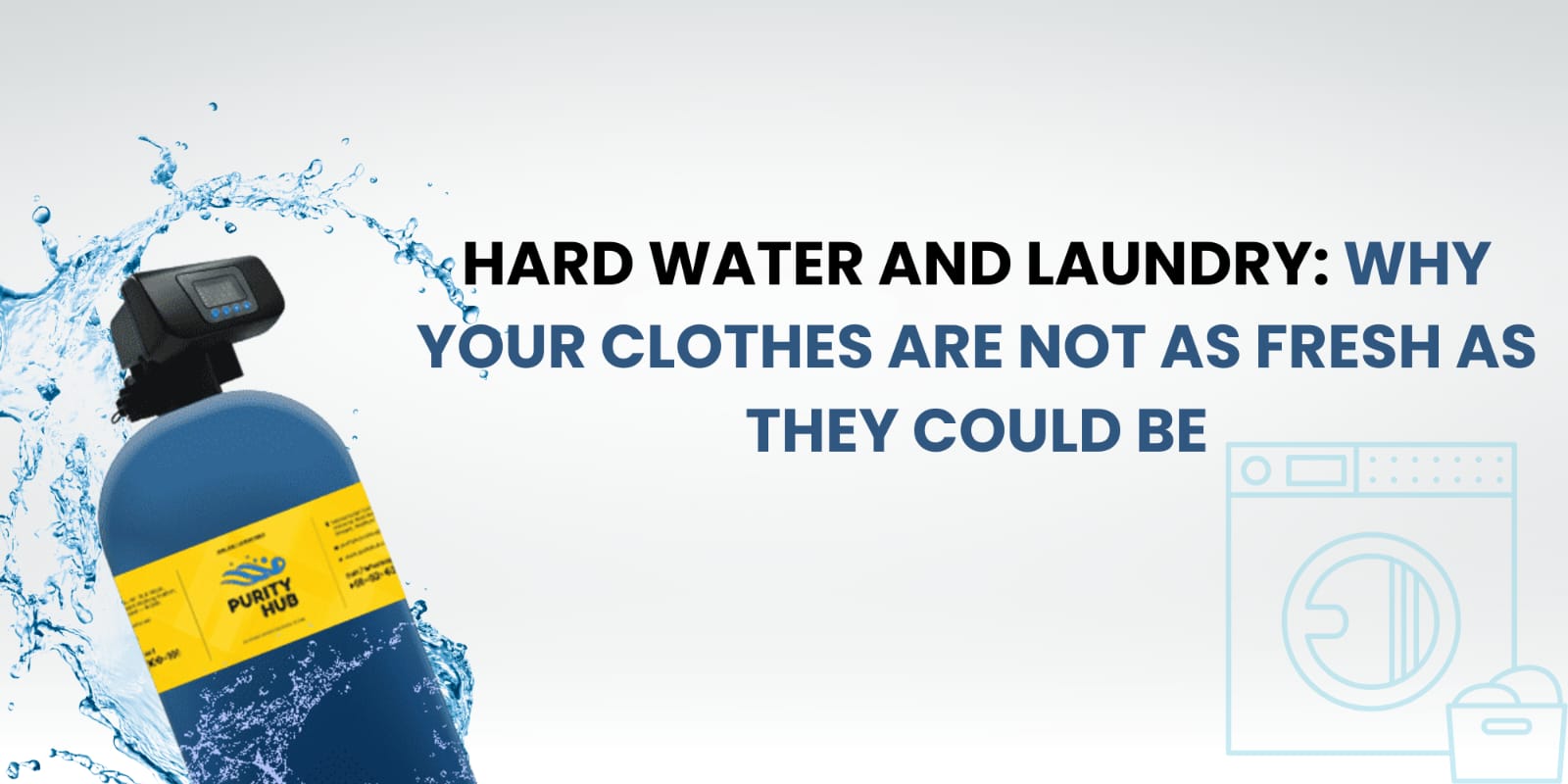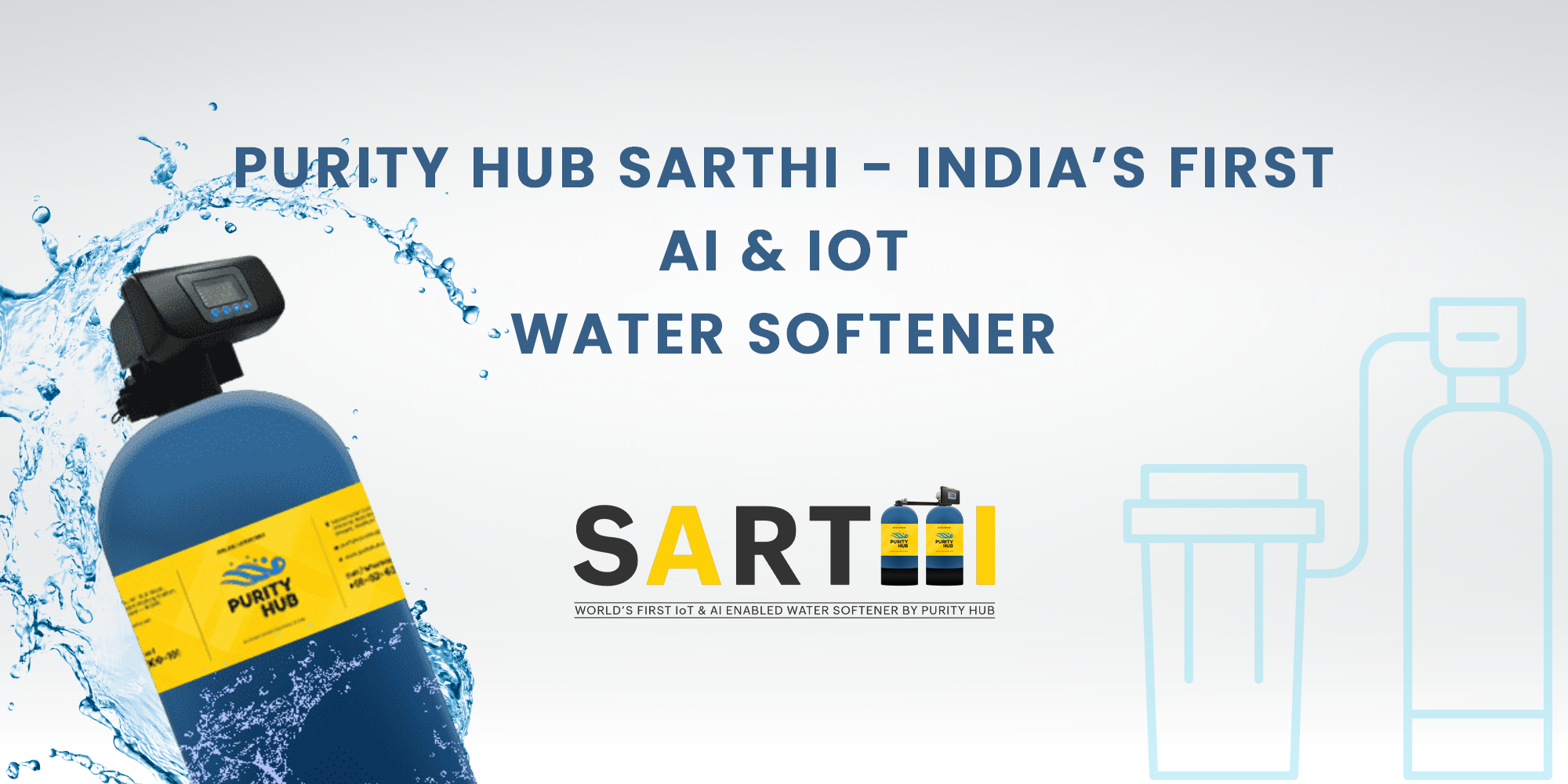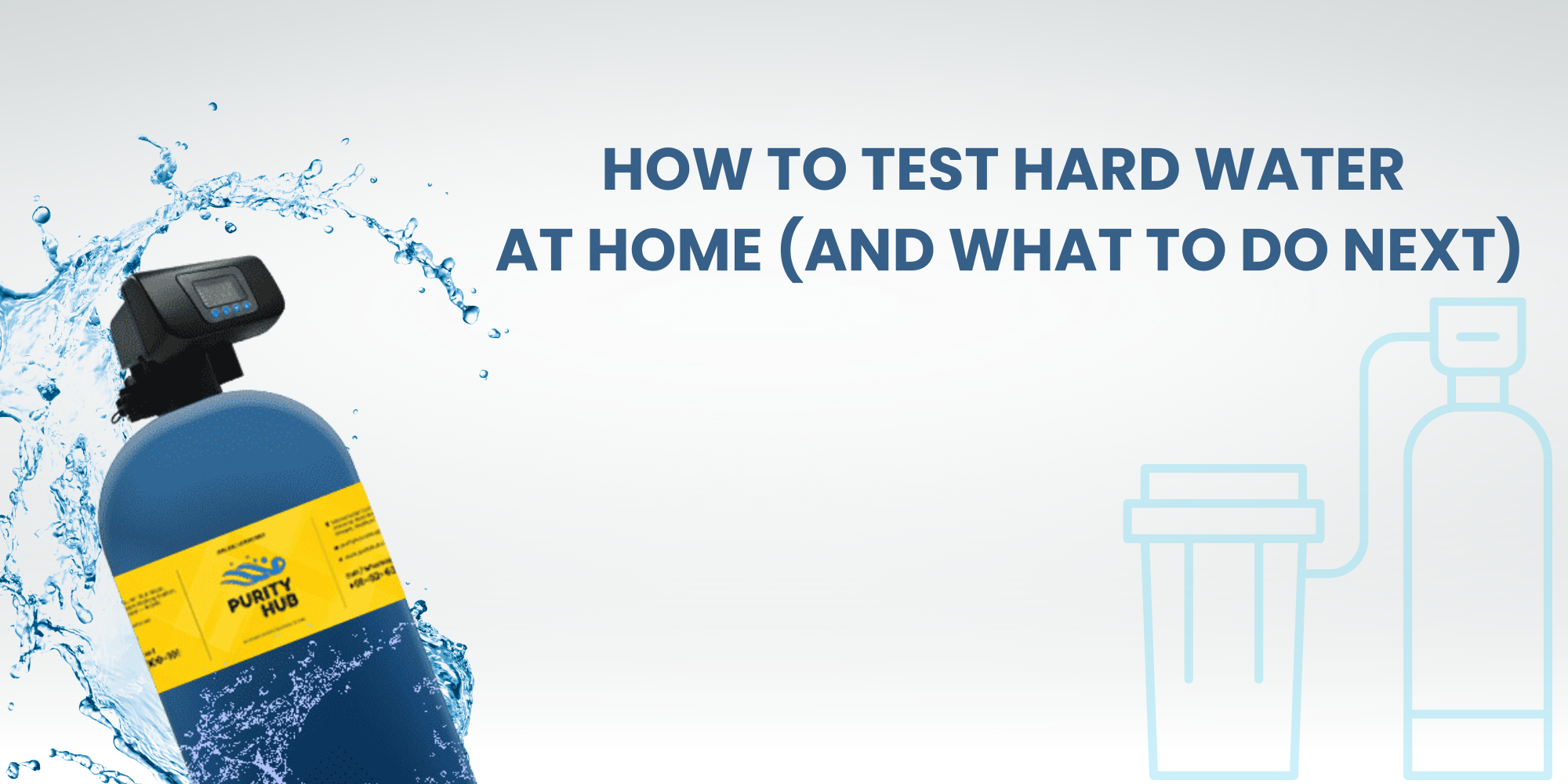
Have you ever noticed that your clothes feel stiff, look faded, or seem less vibrant after a wash? If so, hard water might be the culprit. Hard water is water that contains a high concentration of minerals like calcium and magnesium, which can have a surprising impact on everyday tasks, especially laundry. In this blog, we'll dive into how hard water affects your laundry, why your clothes might not be as fresh as they could be, and how water softeners can offer an effective solution.
Understanding Hard Water and Its Impact on Laundry
Water is essential for laundry, but the quality of water can make a big difference in how your clothes look and feel. Hard water contains minerals that bond with soap, reducing its effectiveness. Unlike soft water, hard water doesn’t allow laundry detergents to dissolve and lather properly. As a result, detergent can’t do its job of removing dirt and stains effectively, leaving behind a residue on clothes that impacts their texture and appearance.
This mineral buildup can have some noticeable effects on your laundry, such as:
Dull Colors: Over time, mineral residues from hard water can cause colors to fade and whites to appear gray or yellow.
Rough Texture: Clothes washed in hard water often feel rough or scratchy because of the mineral deposits left on the fabric.
Stiff Fabrics: Towels and other fabrics may lose their softness due to the high mineral content, making them feel stiffer than usual.
Residual Odors: Hard water can trap odors in the fabric fibers, leading to clothes that don’t smell as fresh, even after washing.
The Chemistry of Hard Water and Laundry Detergents
The minerals in hard water can have a direct impact on laundry detergents. Detergents are formulated to work with soft water, where they can dissolve fully and create a foamy lather that removes dirt effectively. However, in hard water, calcium and magnesium ions bind with the detergent molecules, forming a solid precipitate. This reaction reduces the soap’s cleaning power and creates a sticky film that clings to fabric and washing machines.
Moreover, this reaction means that you might have to use more detergent to achieve the same cleaning effect, which can lead to soap buildup. This buildup can trap even more dirt and minerals, making fabrics feel heavy and look worn out.
How Water Softeners Can Help
Installing a water softener can be a game-changer for homes dealing with hard water issues. Water softeners are devices designed to remove calcium, magnesium, and other mineral ions from the water supply, effectively transforming hard water into soft water. By eliminating these minerals, water softeners enhance the cleaning power of your laundry detergent, leading to fresher, softer, and longer-lasting clothes.
Here’s how a water softener can benefit your laundry routine:
Brighter Colors: By preventing mineral buildup on your clothes, water softeners help maintain the vibrancy of colors and keep whites looking bright.
Softer Fabrics: With softer water, you’ll notice your towels, sheets, and clothes feel much softer and smoother.
Improved Detergent Efficiency: Soft water requires less detergent for the same cleaning effect, which means fewer residues and lower detergent costs.
Reduced Wear and Tear: Soft water minimizes fabric abrasion caused by mineral particles, helping your clothes last longer and stay in better shape.
Fresher Odors: Soft water doesn’t trap odors the way hard water does, leaving clothes smelling fresher after every wash.
Signs That Hard Water Is Impacting Your Laundry
If you're unsure whether hard water is affecting your laundry, here are a few common signs:
Faded Colors and Dingy Whites: Bright colors may lose their intensity, and white fabrics might look gray or yellow over time.
Stiff Towels: Towels should be fluffy and soft after washing, but if they feel stiff, hard water may be to blame.
Residue on Clothes: If you find chalky white streaks or residues on your clothes after washing, this could be a sign of mineral buildup.
Difficult-to-Remove Stains: Hard water reduces detergent effectiveness, making stain removal a more challenging task.
Choosing the Right Water Softener for Your Home
When it comes to addressing hard water issues, choosing the right water softener is essential. Here are a few factors to consider:
Size and Capacity: Consider the size of your household and your water consumption. Larger households may require a higher-capacity softener.
Regeneration Method: Different water softeners have various regeneration methods, including manual, automatic, and demand-initiated. Demand-initiated systems regenerate only when needed, making them more efficient.
Salt-Based vs. Salt-Free: Traditional water softeners use salt to remove minerals from the water, while salt-free systems use a different process. Salt-free softeners are often easier to maintain but may be less effective in areas with extremely hard water.
By choosing a high-quality water softener, you can effectively eliminate hard water issues and enjoy cleaner, fresher, and softer laundry results.
Maintaining Your Water Softener for Optimal Performance
Regular maintenance of your water softener is key to ensuring it works effectively over the long term. Check the salt levels in your water softener, clean the brine tank periodically, and have a professional inspect your system annually. This way, you’ll continue to benefit from soft water and keep your laundry looking and feeling its best.
Final Thoughts: Fresh, Soft Laundry Starts with Soft Water
Hard water may seem like a minor inconvenience, but its impact on laundry can be significant. From faded colors and rough fabrics to lingering odors, the effects of hard water can take a toll on your clothes and linens over time. Fortunately, investing in a water softener can make a world of difference, improving detergent effectiveness, enhancing fabric softness, and preserving the life of your clothes.
So, if you're ready for softer, fresher laundry, consider installing a water softener. Not only will it enhance the quality of your laundry, but it will also bring comfort and convenience to your daily routine. With water softeners, you can enjoy laundry that truly looks, feels, and smells fresh.



